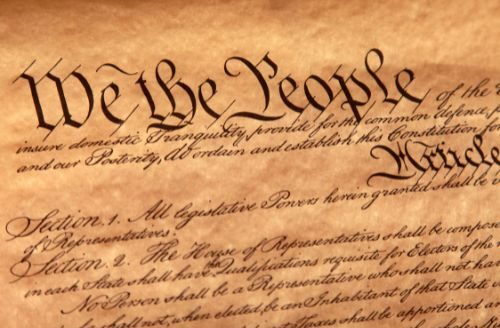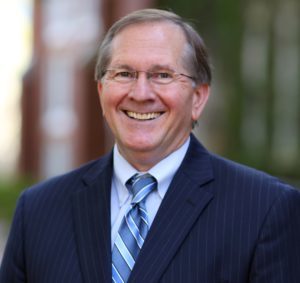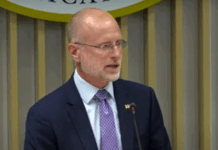The fight over who gets to decide what Americans watch on broadcast television has escalated from regulatory theory to Congressional showdown, and three new national surveys reveal sharp divides in how Americans view media accountability, regulatory authority, and the role of government in content decisions.
In September, FCC Chairman Brendan Carr sparked a political firestorm when he suggested that remarks by late-night host Jimmy Kimmel about the assassination of Charlie Kirk were not in the public interest and could invite fines or even license challenges. The statement led Nexstar Media Group and Sinclair to preempt Jimmy Kimmel Live! on dozens of ABC affiliates.
The episode prompted Senate Minority Leader Chuck Schumer (D-NY) to call Carr “one of the greatest threats to free speech America has ever seen” and demand his resignation, while Senator Ed Markey (D-MA) charged that Carr “has turned the FCC into the Federal Censorship Commission.”
The controversy has reignited fundamental questions about the boundaries of regulatory authority, the vulnerability of broadcasters with pending business before the FCC, and whether the mere threat of government action, without formal enforcement, constitutes unconstitutional pressure.
Against this backdrop, a late September NPR/PBS News/Marist poll found that nearly 8 in 10 U.S. adults say the country has gone too far in restricting free speech, compared with just 19% who believe the U.S. has gone too far in expanding it.
That sentiment was strongest among Democrats (88%) and Independents (86%). Republicans were more split: 64% said speech is being restricted too much, while nearly one-third (31%) said the U.S. has gone too far in expanding it.
A separate YouGov survey for The Economist asked Americans whether it is acceptable for the government to pressure broadcasters to remove shows that include speech it disagrees with.
Two-thirds of respondents (68%) called such government action “unacceptable.” Only 13% said it was acceptable, with the rest unsure. Here, partisan divides were sharper: 88% of Democrats and 74% of Independents said such pressure is unacceptable, compared with 42% of Republicans. Three in ten Republicans said government pressure on broadcasters is acceptable.
Another YouGov survey found 58% said the government threatening to revoke the license of a TV network that criticizes it is “definitely” a violation of free speech principles, with another 19% calling it “probably” a violation. Just 13% said such a move would not be a violation, while 9% said they were unsure.
At the FCC, Carr has floated the future possibility of an auction where broadcasters could either remain under traditional public interest rules or bid for new, more flexible licenses similar to those held by mobile carriers. Such a proposal would fundamentally reshape the regulatory compact that has governed broadcasting for nearly a century.
Whether that vision represents liberation from outdated mandates or the dissolution of broadcasters’ unique First Amendment protections is a question that appears far from settled, both in Washington and in the court of public opinion.




